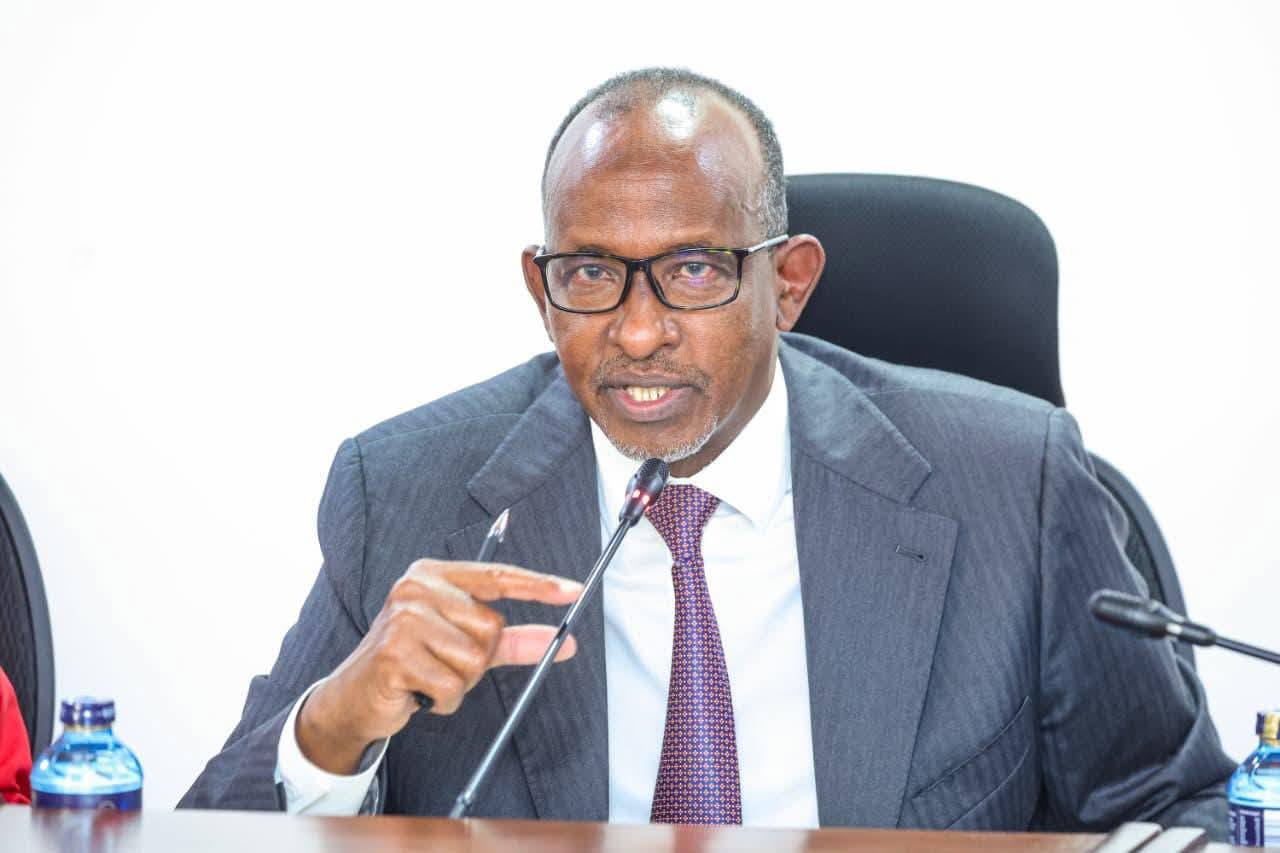
The government has imposed a ban on tobacco imports in a move aimed at curbing rising tobacco use among young people.
Health Cabinet Secretary Aden Duale announced the measure on Wednesday while appearing before the National Assembly Committee on Delegated Legislation.
According to Duale, the import ban is part of a broader strategy by the Ministry of Health to reduce the availability and appeal of tobacco products in the local market.
“Tobacco products have been flooding our markets, frustrating efforts to control their misuse. This ban is a critical intervention to reverse that trend,” said Duale.
He revealed that a significant portion of imported tobacco products originates from East Asia and continues to reach Kenyan consumers despite existing regulatory controls.
The CS made the announcement as the committee reviewed the proposed Graphic Health Warnings for Tobacco Products Regulations, 2025, which require cigarette packaging to carry vivid, image-based warnings about the health risks of tobacco use.
Duale voiced alarm over the growing number of young Kenyans falling into tobacco addiction, noting that cheap and accessible tobacco products are making youth especially vulnerable.
“Globally, eight million people die every year due to tobacco-related illnesses. Alarmingly, 1.2 million of these are non-smokers exposed to second-hand smoke. We must act decisively to protect our youth,” he said.
He also cited corruption within enforcement agencies as a major obstacle in the fight against tobacco products, particularly shisha, which remains readily available despite bans.
“Our biggest challenge isn’t the law, it is enforcement. Corrupt officers are the weakest link in the crackdown,” Duale added.
The Ministry hopes that the introduction of graphic health warnings will increase public awareness about the dangers of tobacco, including cancer, heart disease, and respiratory complications.
Committee chairperson Samuel Chepkong’a expressed strong support for the Ministry’s efforts, acknowledging the tension between public health and economic interests.
“Yes, the tobacco industry may resist these measures due to financial losses, but for us, the health of Kenyans takes precedence. The Ministry has our full support,” said Chepkong’a.
Committee vice chairperson Robert Gichimu urged the Ministry to strengthen collaboration with the National Authority for the Campaign Against Alcohol and Drug Abuse (NACADA) and county governments for effective implementation of anti-tobacco initiatives.
“We fully support the graphic warnings, but without stronger partnerships, especially at county level, the impact will be minimal,” said Gichimu.
Kilgoris MP Julius Sunkuli lauded the Ministry for reviving enforcement of long-standing but neglected tobacco control laws.
“The legislation has been there; the missing link has always been implementation. It is commendable that the CS is breathing new life into these critical laws,” he said












